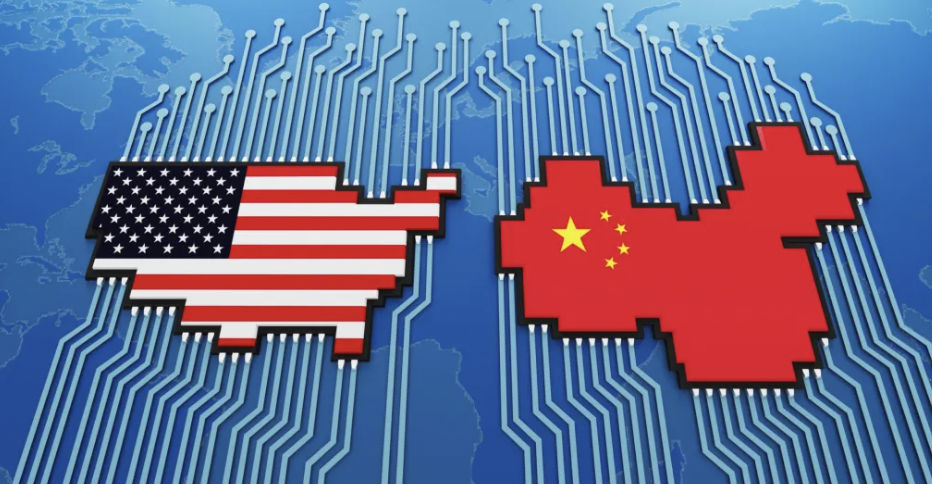Image via Just Security
***
New York City’s subways are notorious for being hot, crowded, and full of pests and debris. There’s even an Instagram page with over three million followers that documents the “creatures” found on New York City’s public transportation.
This grotesque description of public infrastructure would likely shock most people living in Beijing or Shanghai, China’s wealthiest cities. Chinese public transportation has a far more positive reputation: instead of videos of rats darting between passengers’ legs or people breakdancing during rush hour, videos of Chinese subways and bullet trains often showcase their cleanliness, peace, and efficiency.
China and the United States have been compared as competing global superpowers for the last two decades. Despite being one of the oldest civilizations on the planet, China’s current government has only existed for about 76 years, while America’s was established almost 250 years ago. For a long time, China had to play catch-up, which raises the question: has China caught up to America, is it still trailing behind, or has it become the new world power?
The divide between America and China extends beyond subways. In Guizhou, often described as China’s poorest province, the government has implemented extensive infrastructure projects, resulting in the construction of bridges, roads, highways, airports, and cultural centers. In China, a province with the same GDP as Botswana has access to better levels of infrastructure than some of the wealthiest areas in the United States. Compared to the poorest counties in America, such as many areas of West Virginia, it appears that the Chinese government is taking better care of its least advantaged citizens.
China isn’t just leading in infrastructure. According to the International Monetary Fund, the World Bank, and even the CIA, China’s Purchasing Power Parity (PPP) is up to 23 % larger than that of the United States. Purchasing power parities equalize currency values by accounting for price differences across countries. The effect is clear when comparing the cost of basic goods and services in America and China: what costs $100 in America costs only $60 in China.
Besides the strength of the Chinese yuan, the Chinese economy may be performing better overall compared to the American economy. When economists adjust the benchmark year used to measure growth from 2015 to a more recent period, China’s economy may be about 53% larger than that of the United States.
This disparity is clearest when examining advanced technology industries, such as supercomputers and high-speed rail systems. China’s technological progress has been rapid and coordinated, from being the primary manufacturer of iPhones in the early 2000s and 2010s to becoming the largest producer of electric vehicles, robotics, solar panels, and rare earth magnets worldwide. Meanwhile, many of America’s ambitious infrastructure and technology projects stall in endless debates, lawsuits, or funding disputes.
The reason for this systemic difference can be attributed to both political and cultural factors. China’s leadership is primarily composed of engineers and scientists who think in terms of logistics and output, while America’s, by contrast, is dominated by lawyers and politicians who think in terms of elections and liability. The “lawyerly” mindset of the United States government makes it easy to stop progress in its tracks, which does help protect individual rights, but often leaves the United States lagging in large-scale innovation and public investment.
As technology analyst Dan Wang describes, “The Chinese are much better at climbing the ladders the Americans have placed.” America has laid the foundation for global democracy, diplomacy, and industrial development, but it has failed to follow through on these efforts. Where America has faltered, China has accelerated, as evident in its newfound control over industry and technology. While it may not yet be the world’s dominant superpower, China is preparing to become it.
***
This article was edited by Ella Keddy.
